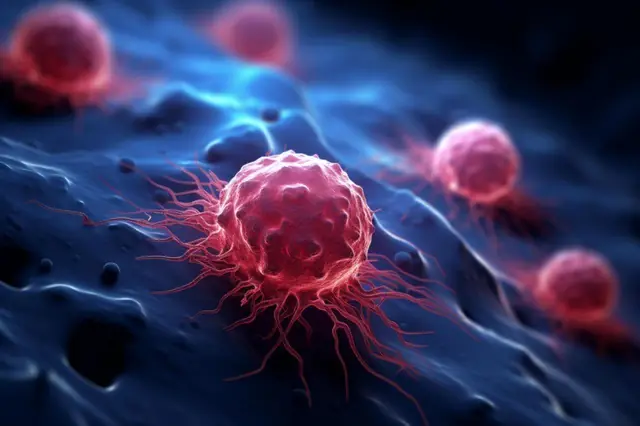
Strokes and heart attacks don’t give warnings. But this could help you fight back—before it’s too late
Every year, millions of people around the world are struck by heart attacks or strokes without any warning. These silent killers often arrive suddenly, stealing lives within minutes or leaving victims permanently disabled. Despite remarkable advances in modern medicine, the reality remains chilling: most people don’t realize they are at risk until it’s far too late. However, growing research in preventive healthcare shows that awareness, lifestyle choices, and early detection could dramatically change this story. Fighting back is possible—but only if we start before symptoms appear.
Heart attacks and strokes share a common enemy: cardiovascular disease. In both conditions, blood flow is blocked—either to the heart or to the brain—causing cells to die within minutes. The tragedy is that these conditions rarely happen overnight. They build silently over years, as arteries gradually narrow due to plaque buildup, high blood pressure, or inflammation. The problem is that the human body often hides these changes well. A person might feel healthy one day and collapse the next. That’s why understanding risk factors and taking proactive steps is essential.
The first step in fighting back is awareness. Many people underestimate their risk because they feel fine or have no visible symptoms. Yet, factors such as smoking, obesity, high cholesterol, diabetes, and stress can quietly damage the cardiovascular system for years. Even genetics play a role—if your parents or grandparents suffered from heart disease, your chances increase significantly. Regular check-ups, therefore, are not optional. Blood pressure, blood sugar, and cholesterol tests should be as routine as dental visits. Early detection can reveal silent dangers long before a crisis strikes.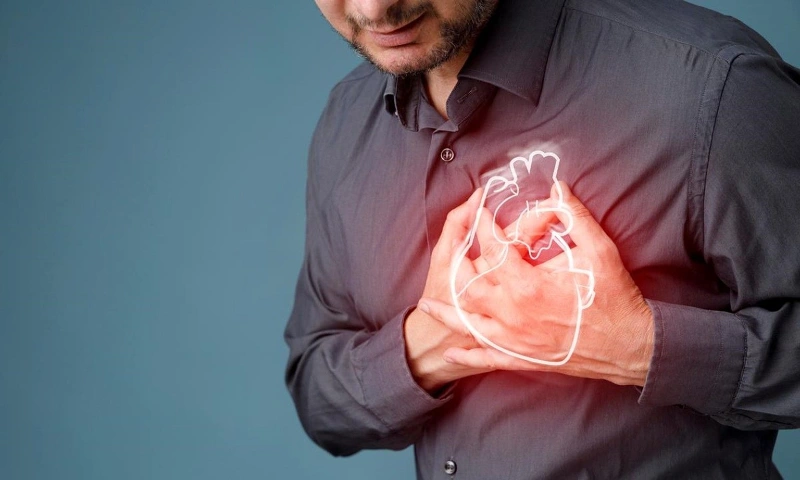
The second line of defense is lifestyle. It may sound simple, but diet and exercise are powerful weapons against heart and brain attacks. A balanced diet rich in fruits, vegetables, whole grains, and lean proteins helps reduce cholesterol and control blood pressure. At the same time, cutting down on salt, sugar, and processed foods can make a huge difference. Physical activity is equally critical—just 30 minutes of brisk walking five times a week can lower the risk of heart disease by nearly half. These small, consistent actions build resilience over time.
Stress management is another key, often overlooked factor. Chronic stress raises cortisol levels, which can increase blood pressure and promote artery damage. In today’s fast-paced world, people often ignore mental health until it becomes physical illness. Meditation, deep breathing, and spending time in nature are simple but effective ways to protect both mind and heart. Sleep, too, is vital. Studies show that people who sleep fewer than six hours a night face a higher risk of heart problems.
Technology is also giving us new hope. Wearable devices, such as smartwatches, can now monitor heart rates, detect irregular rhythms, and even warn users of potential cardiac issues. AI-driven health apps analyze data from these devices to alert users when their heart activity looks abnormal. This kind of continuous, personalized monitoring may soon become the best early-warning system humanity has ever had.
Finally, education and community support play a major role. Teaching people how to recognize early warning signs—such as chest pain, shortness of breath, facial drooping, or arm weakness—can save lives. In many countries, public campaigns encourage bystanders to learn CPR and first aid, ensuring immediate help before professional medical care arrives. Every minute counts, and a single trained individual can make the difference between life and death.
In conclusion, strokes and heart attacks may strike without warning, but they are not unbeatable. By combining medical knowledge, technology, and personal responsibility, we can build stronger defenses long before tragedy strikes. Prevention is not just a medical strategy—it’s a mindset. The earlier we act, the greater our chances of protecting the most important muscle we have: the heart. Because when it comes to heart disease, waiting for a warning is waiting too long.
News in the same category

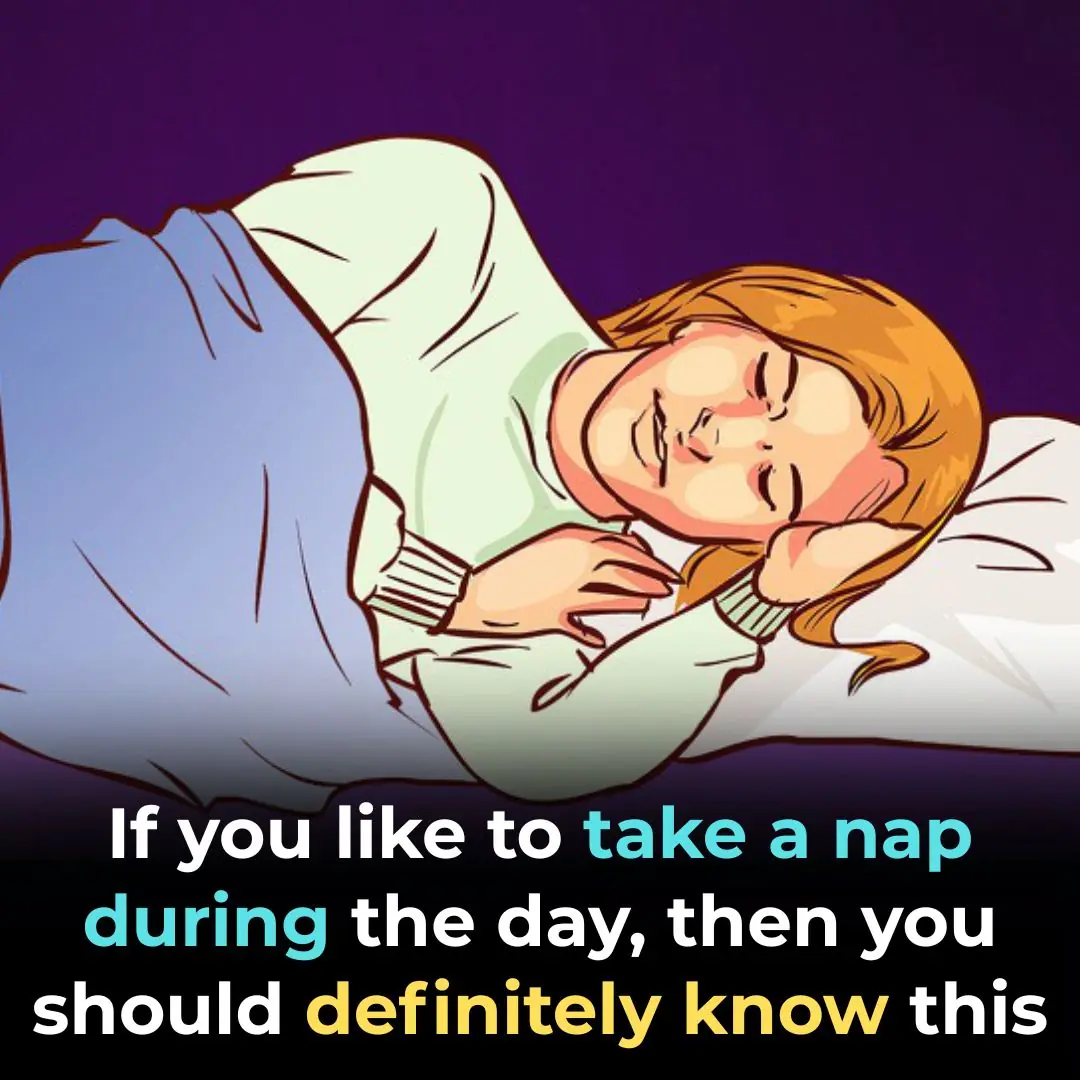
Important News for Everyone Who Loves a Daytime Nap
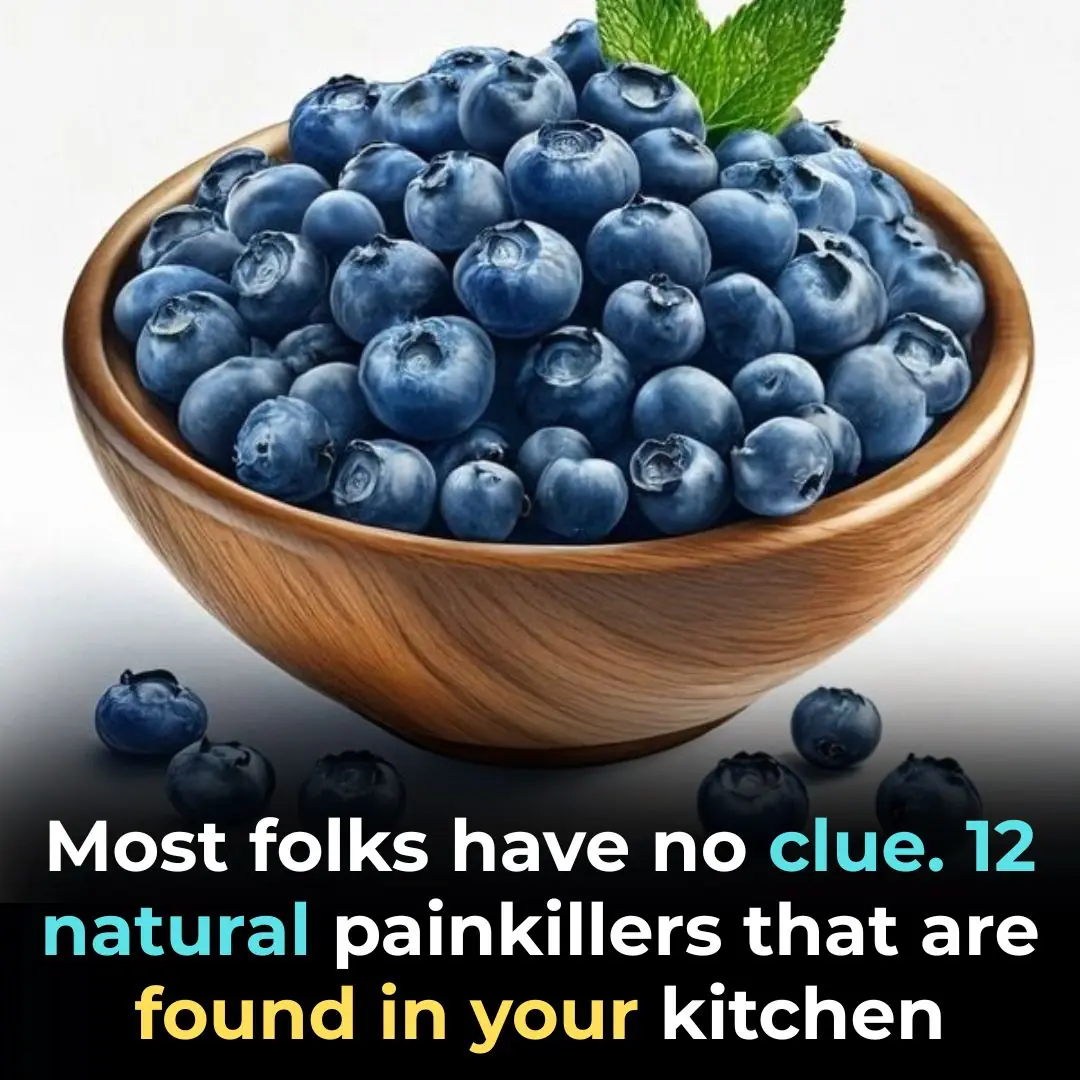
12 Powerful Natural Painkillers Found in Your Kitchen
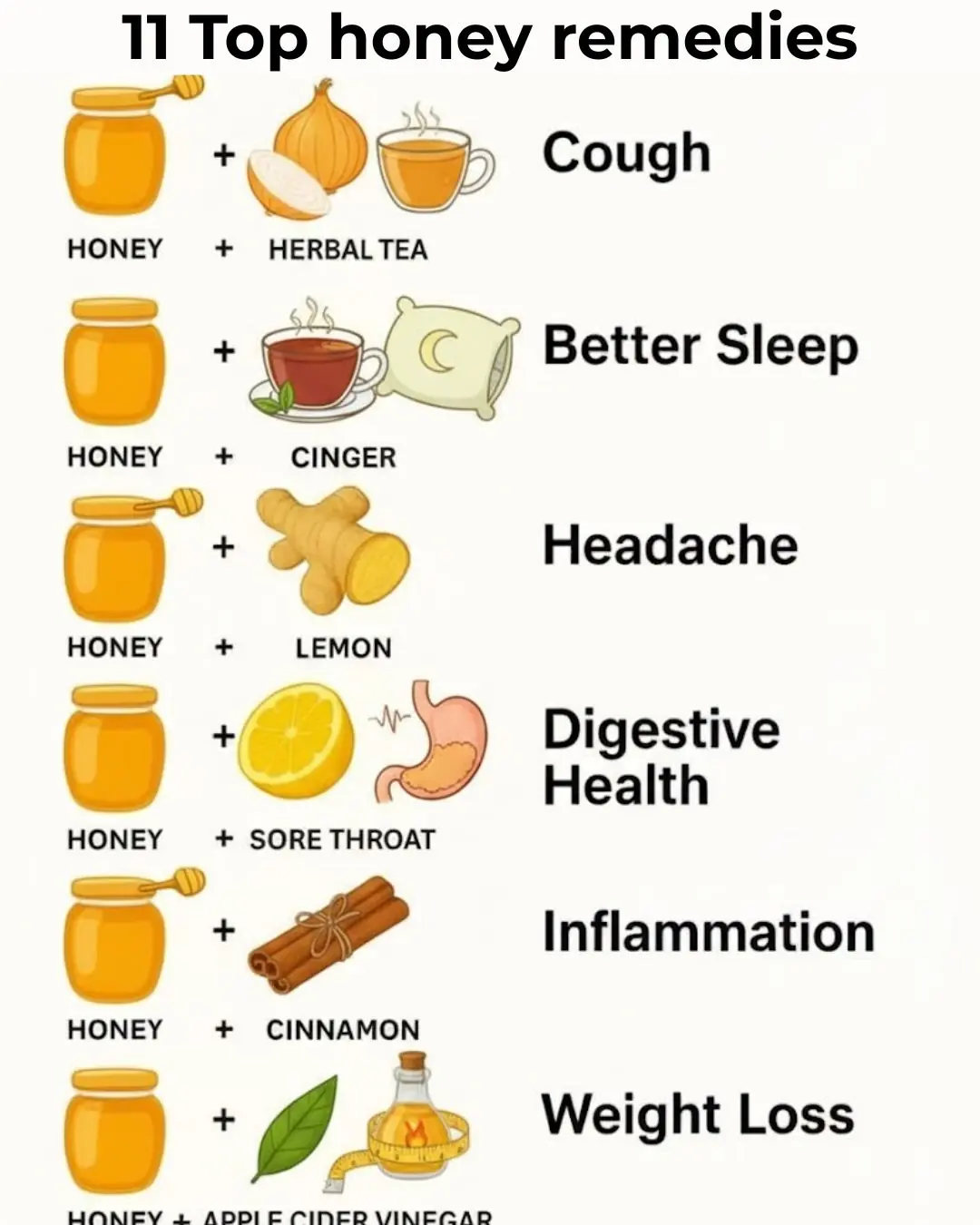
11 Honey Remedies That Truly Work
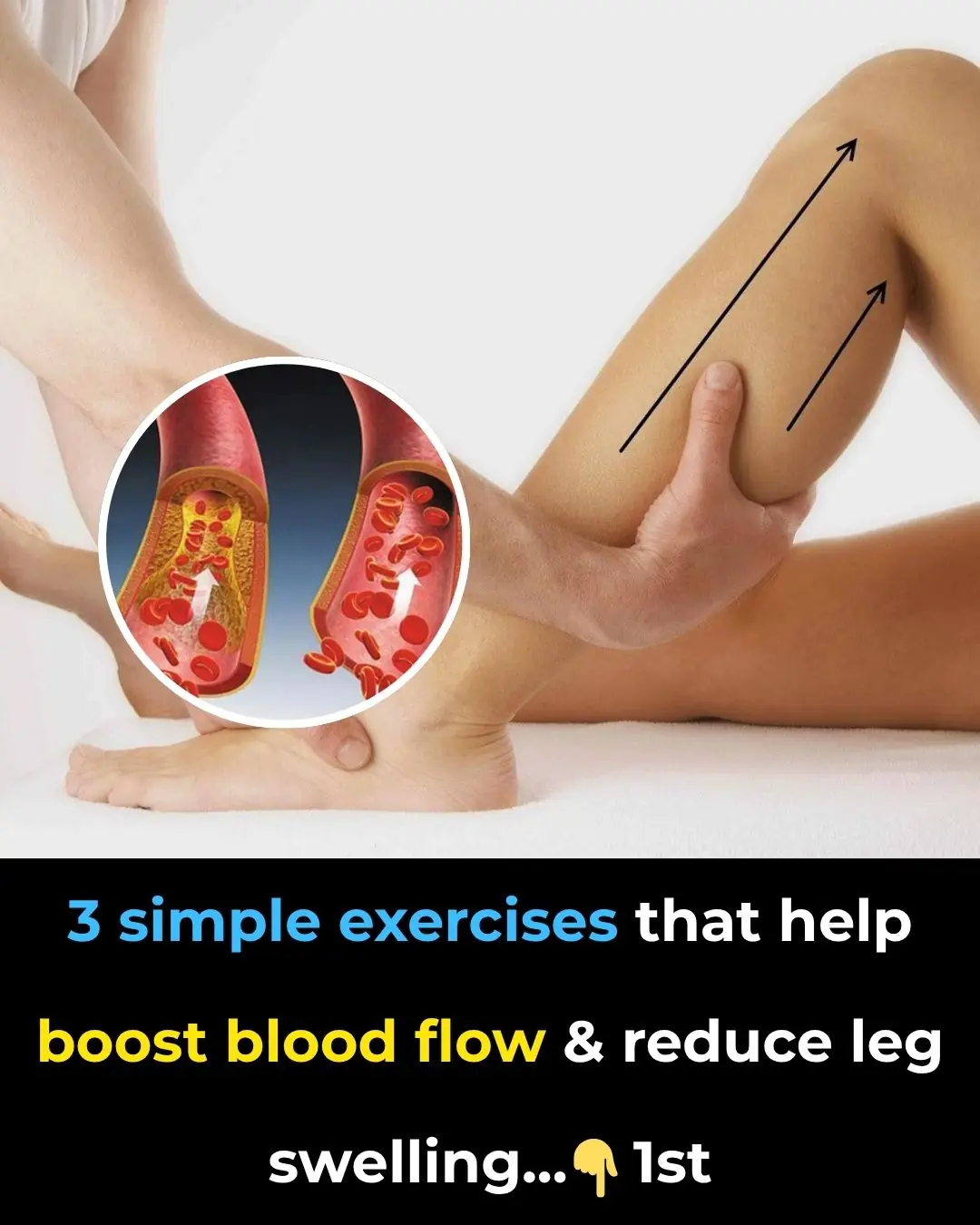
The only 3 exercises you need to improve leg circulation

For those who eat canned tuna: you should know that
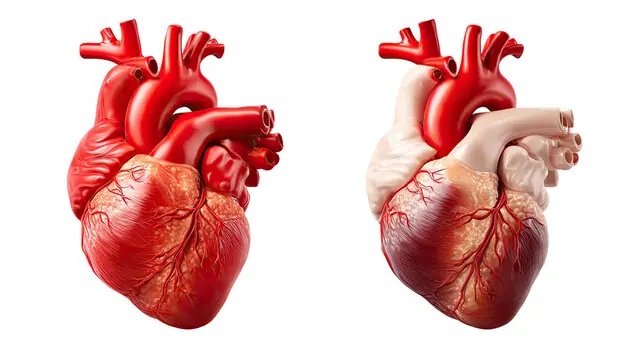
What Really Happens to Your Heart During a 5-Day Fast: A Day-by-Day Breakdown
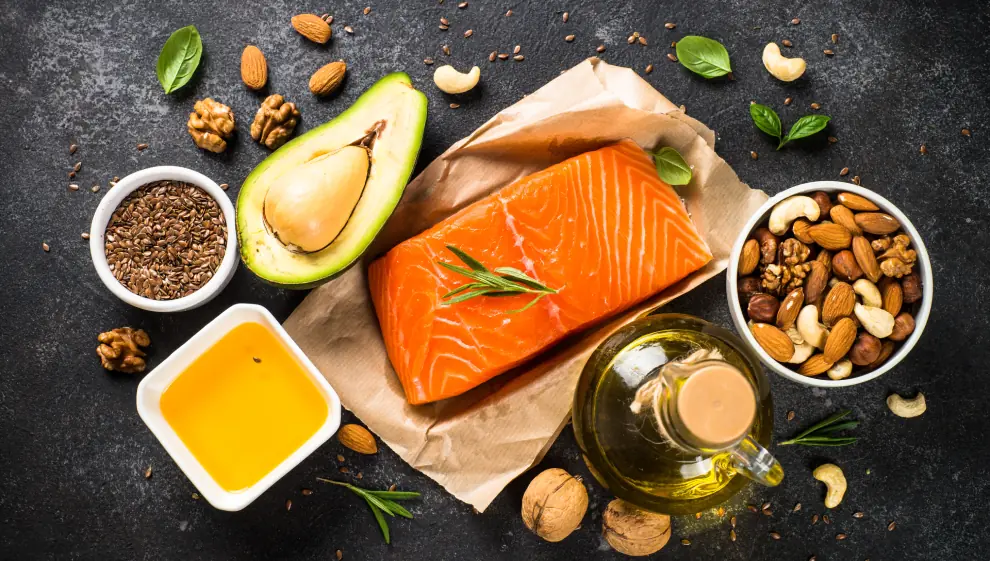
The Magnesium Solution: 10 Essential Foods to Naturally Conquer High Blood Pressure

If You Have High Blood Pressure, NEVER Do This in the Morning

How to Make Alkaline Water to Fight Fatigue, Digestive Issues, and Cancer
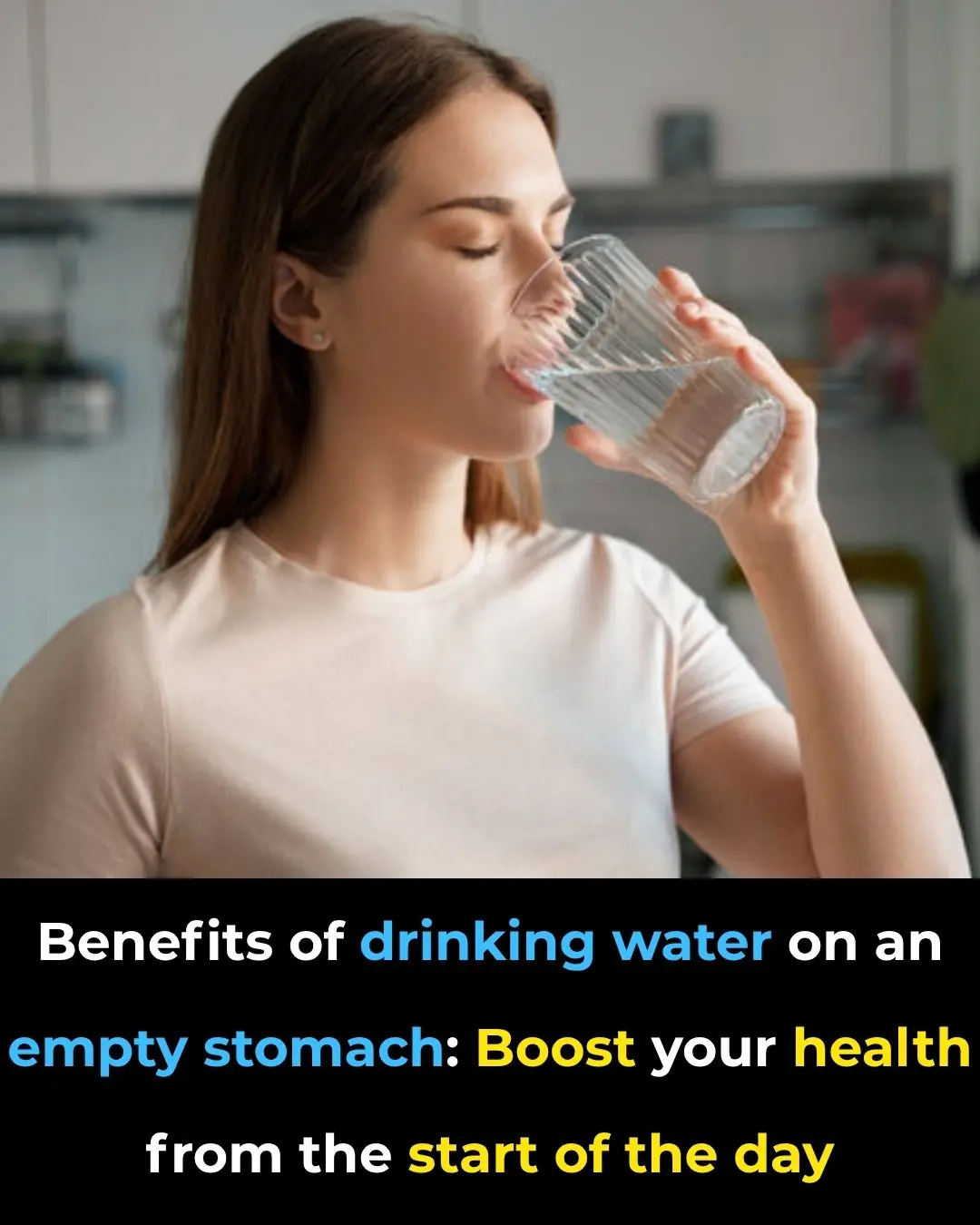
Why Drinking Water on an Empty Stomach Is Beneficial

People Left Disgusted: Shocking Truth About How Crabsticks Are Made
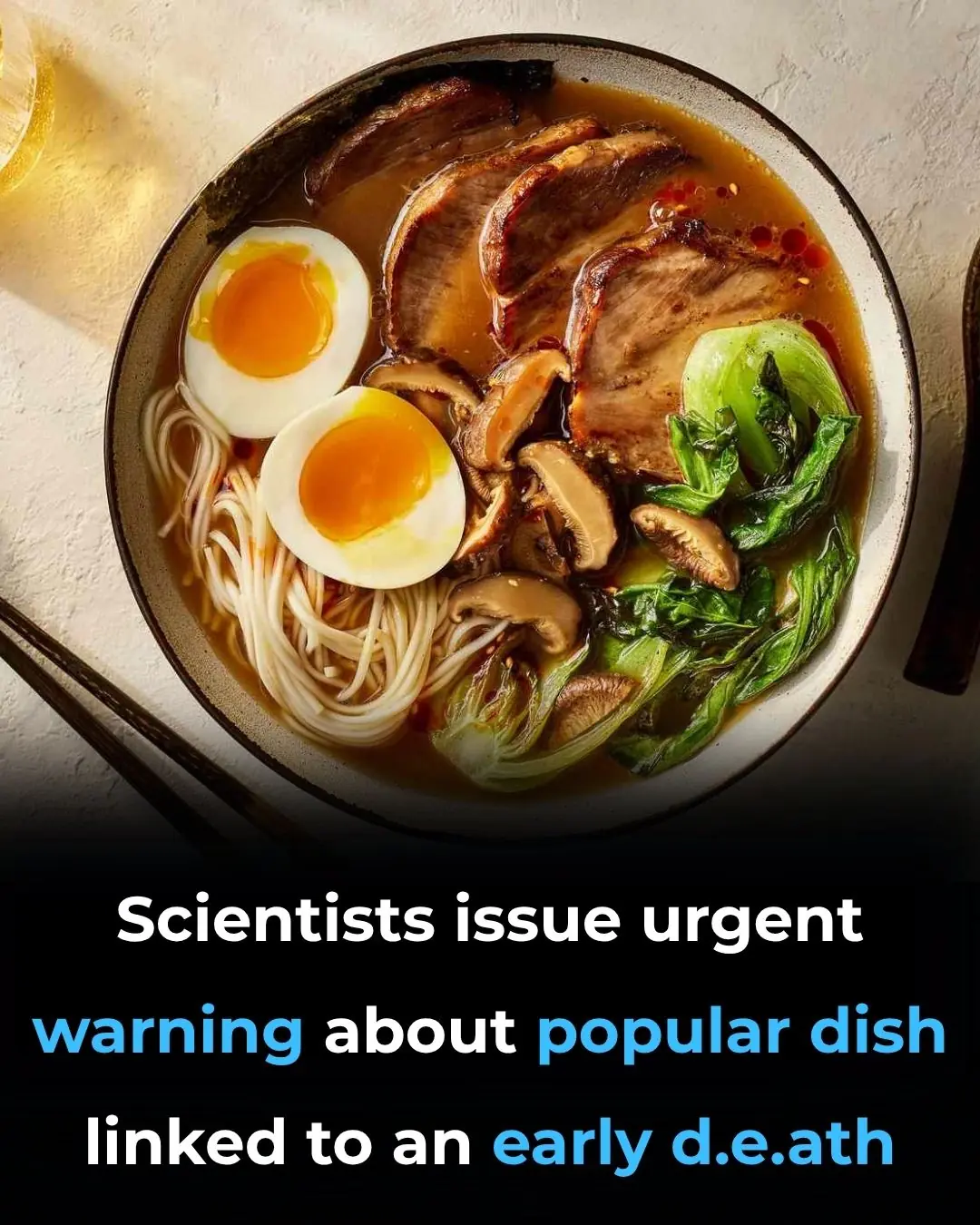
Alarming Study Links Eating Ramen Often to Early Death
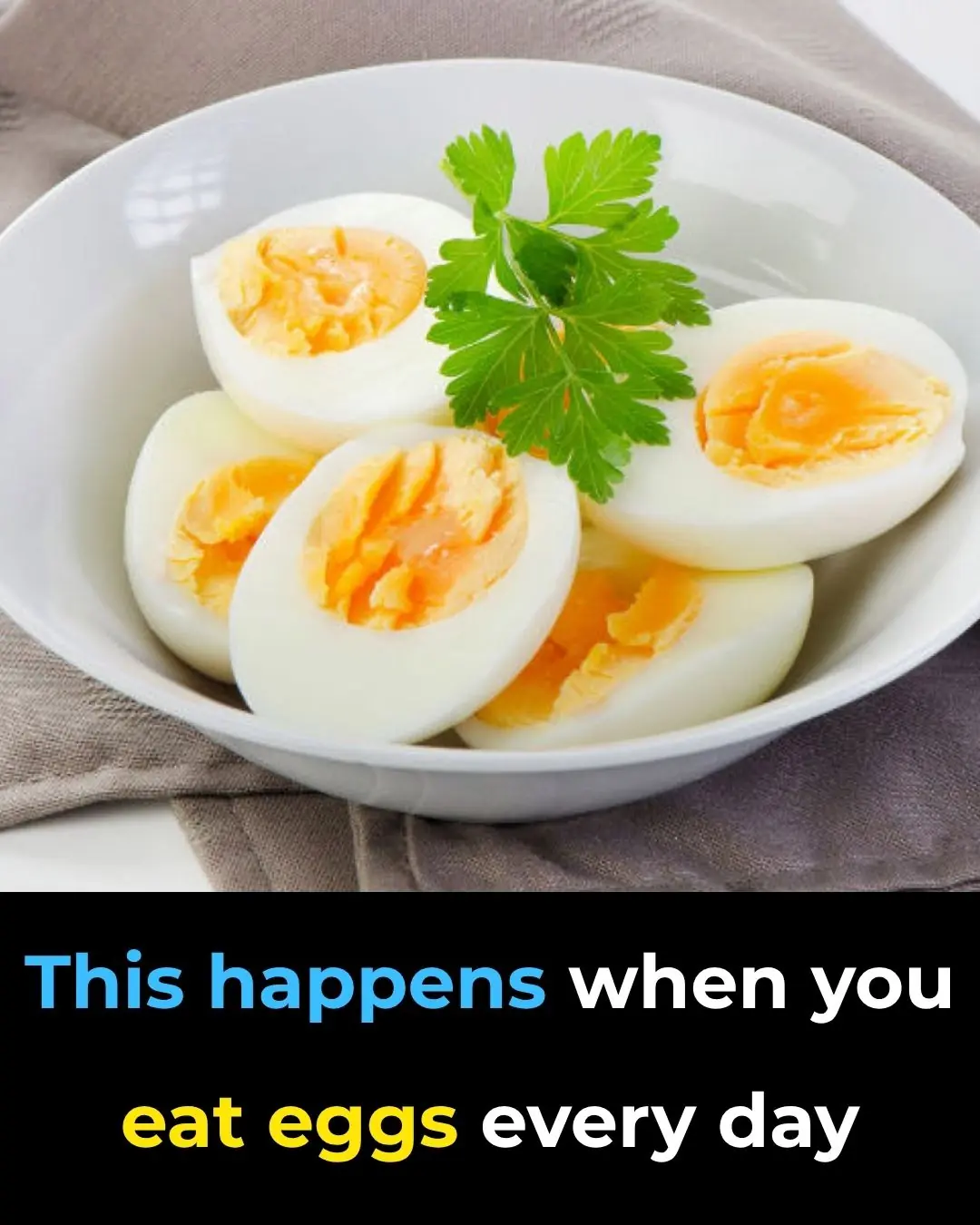
This is what happens to your body if you eat eggs for breakfast.
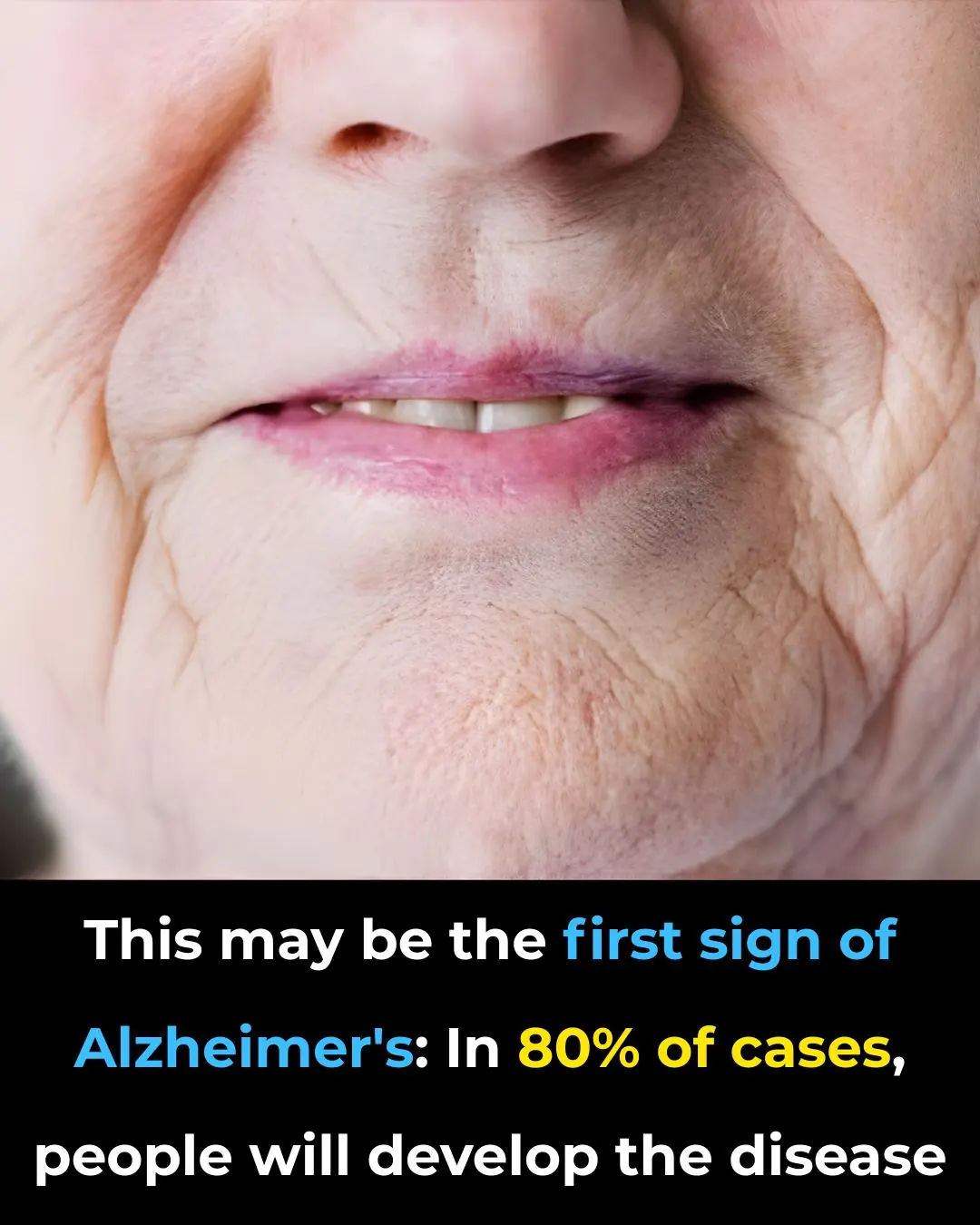
This may be the first sign of Alzheimer’s
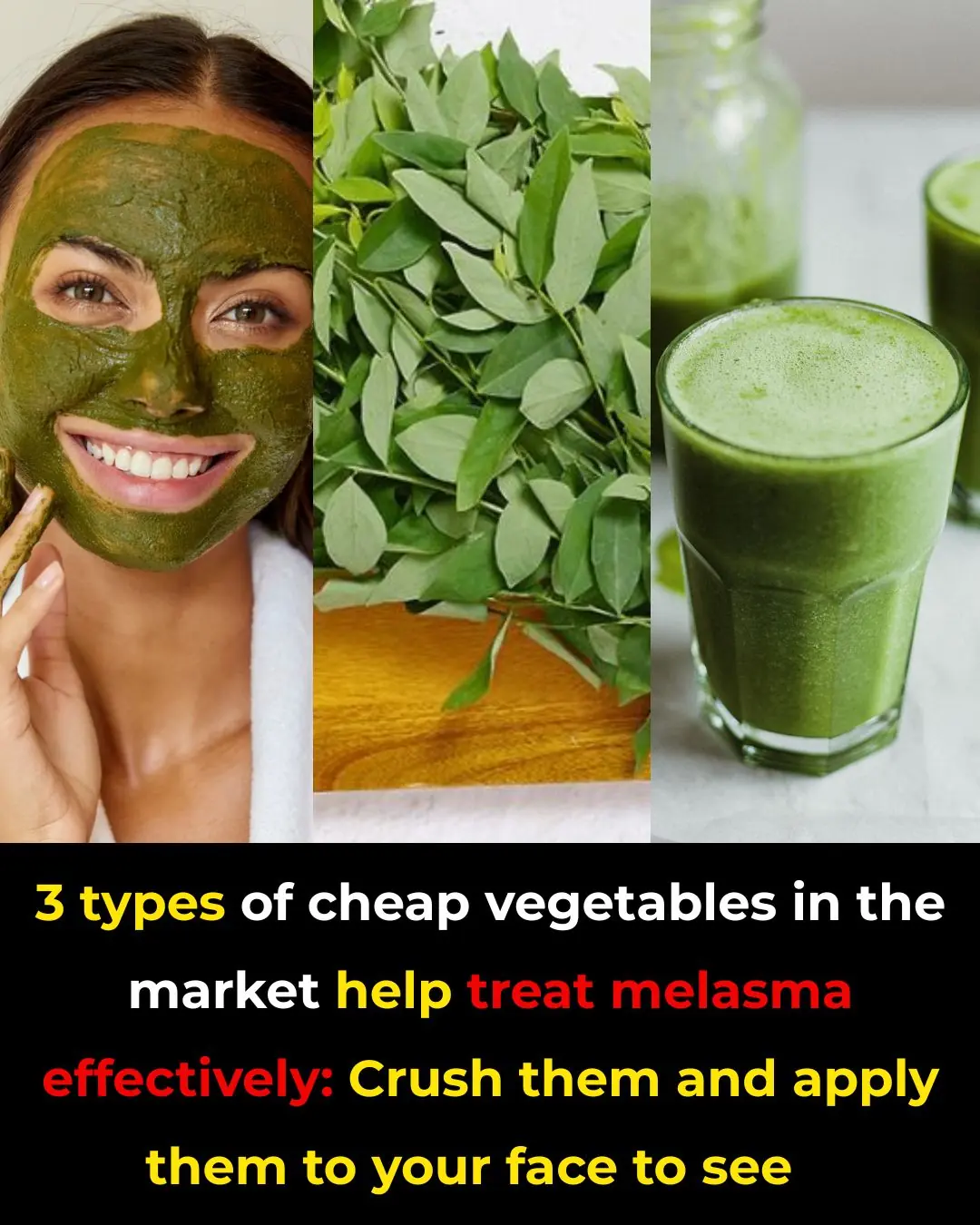
3 types of cheap vegetables in the market help treat melasma effectively: Crush them and apply them to your face to see
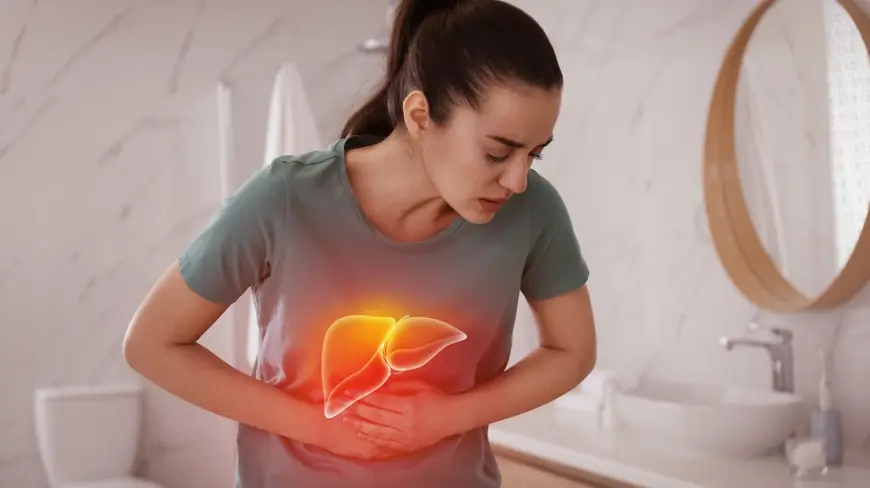
10 Warning Signs Your Liver is Overloaded with Toxins Don’t Ignore These!
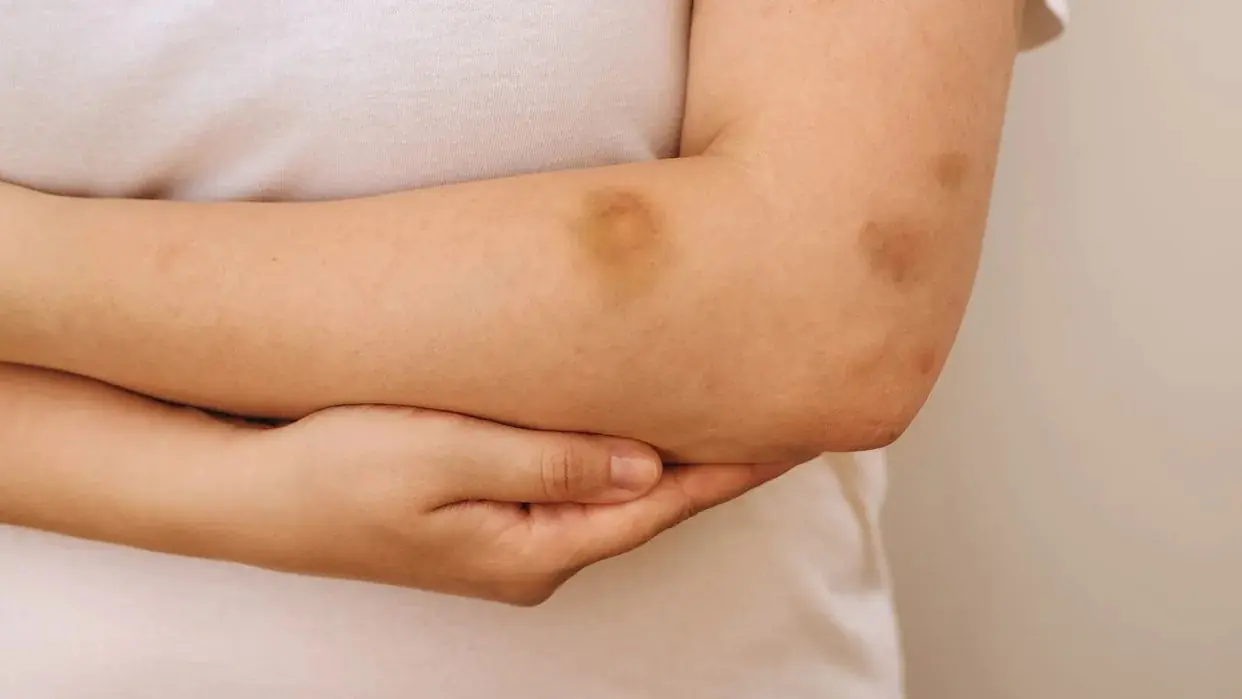
Doctors Urge: Don’t Ignore Unexplained Bruising These Hidden Reasons Could Be the Cause

Struggling to Sleep? A Famous Doctor’s 60-Second Trick Could Change Your Nights Forever
News Post

The Night Japanese Fans Taught the World a Lesson in Respect.

Siam Weed: A powerful remedy for multiple ailments

New Research Finds a Way to Treat Late-Stage Cancer—Bringing Hope to Millions

From Milk Bottles to Mud Baths: The Remarkable Journey of Raising a Baby Elephant.

The Mail Carrier Who Delivered a Second Chance.

A Small Act of Kindness That Touched Everyone’s Heart.

A Love That Refuses to Give Up.
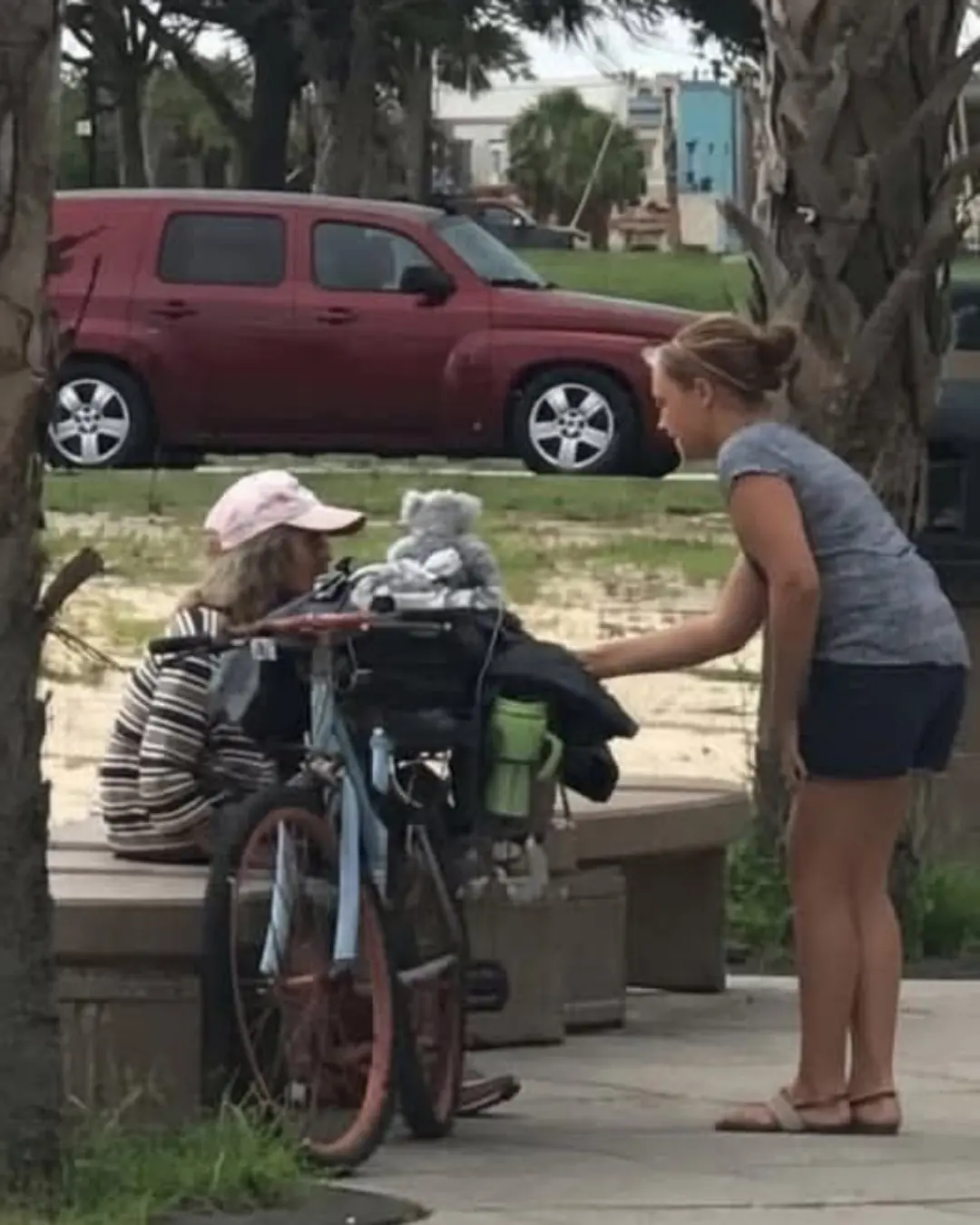
A $5 Lesson in Kindness That Changed a Father’s Heart.

A Moment Between Life and Instinct: The Cheetah and the Newborn Gazelle.

Do Elephants Have Personalities? A Student’s Heartfelt Study Reveals the Souls Behind the Giants.
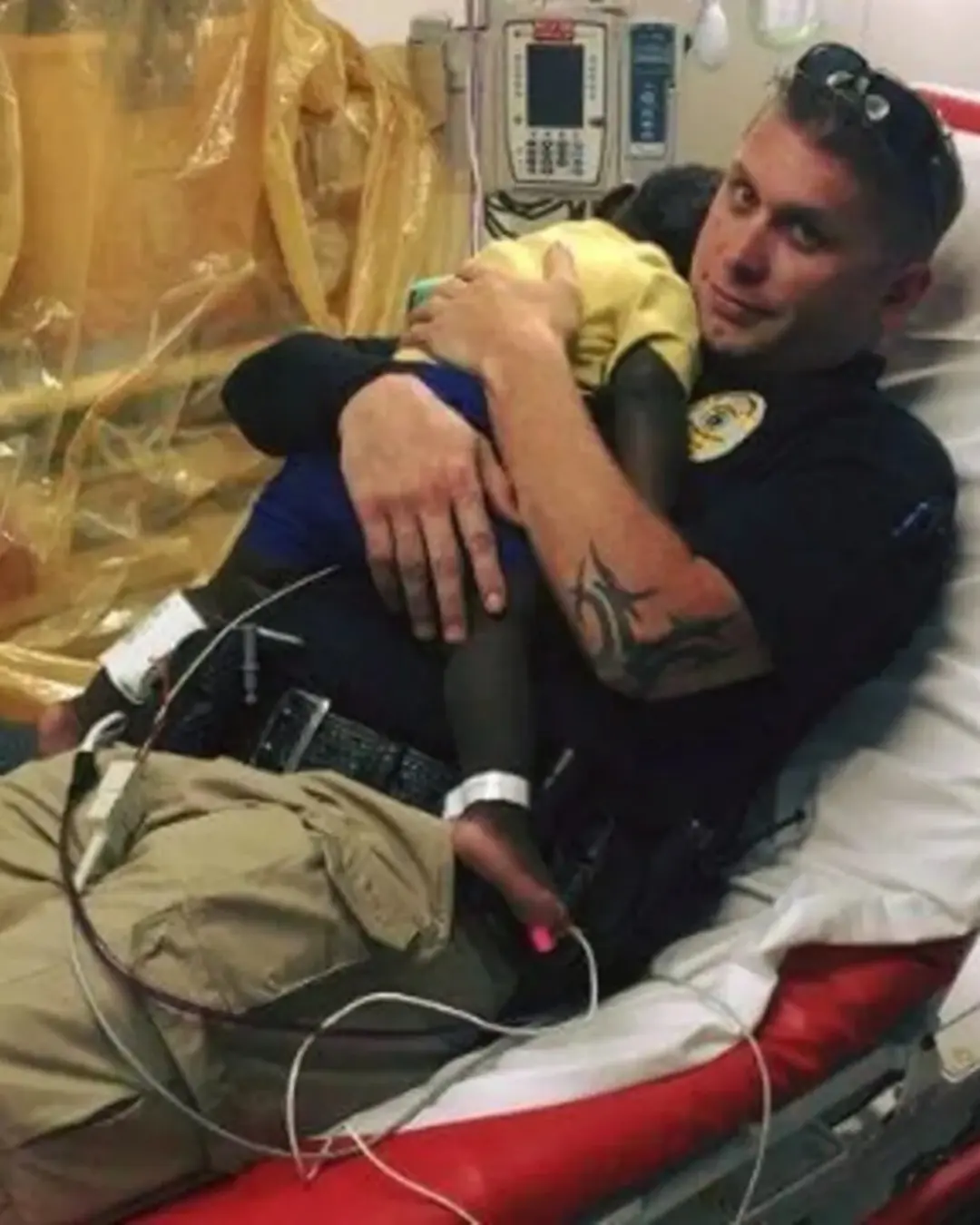
A Child’s Cry, An Officer’s Instinct.

The Biker and the Cop: A Reunion After 31 Years.

Their daughter disappeared in 1990, on the day of her graduation. And 22 years later, the father found an old photo album.

Love at First Sight — Maxim, look at that beautiful girl!

A wandering boy whispered a warning to a rich man — and unexpectedly their lives changed forever

— Anna Mikhailovna, please gather your personal belongings. You no longer work at the company.

A little girl by the tavern warned the bride about the groom, and three months later everything changed

The eight-year-old daughter uncovered the deception of her father’s fiancée after overhearing a conversation in French
